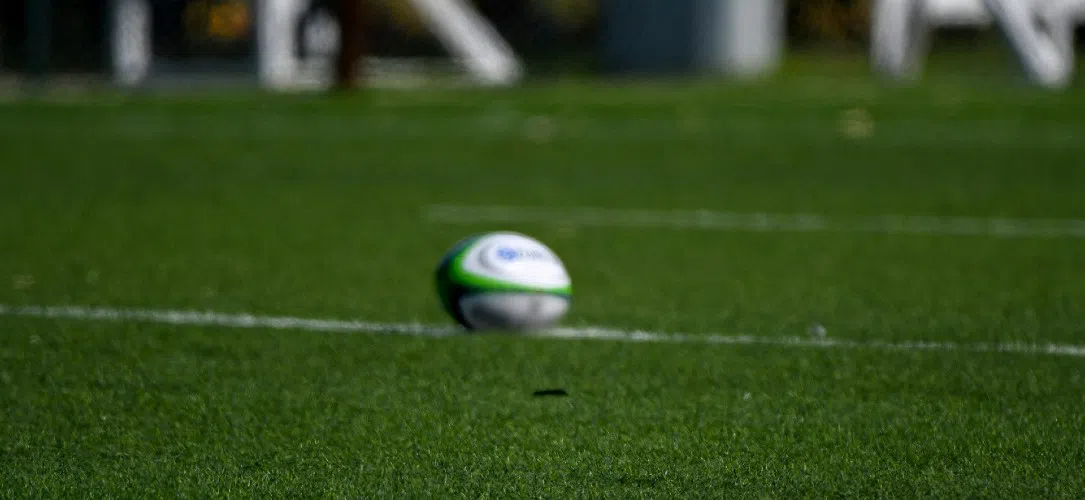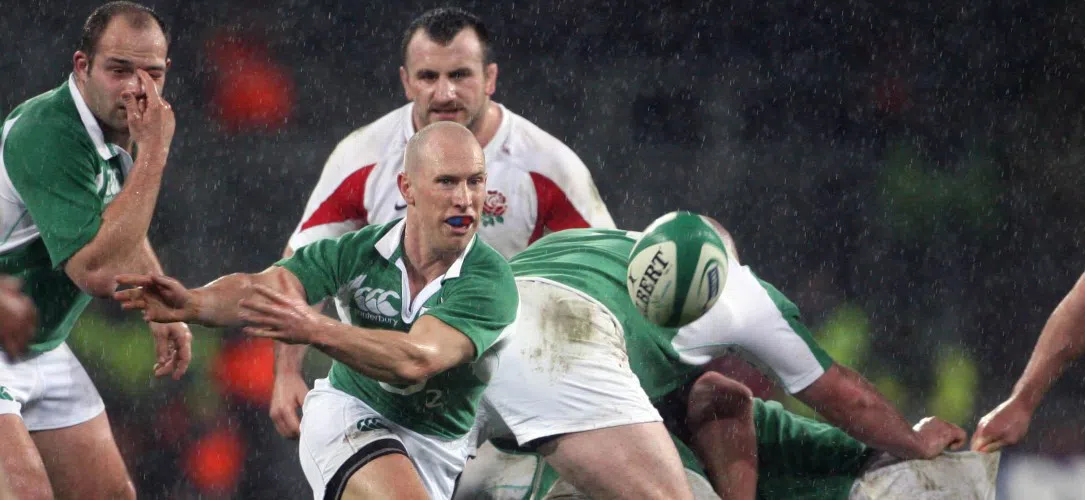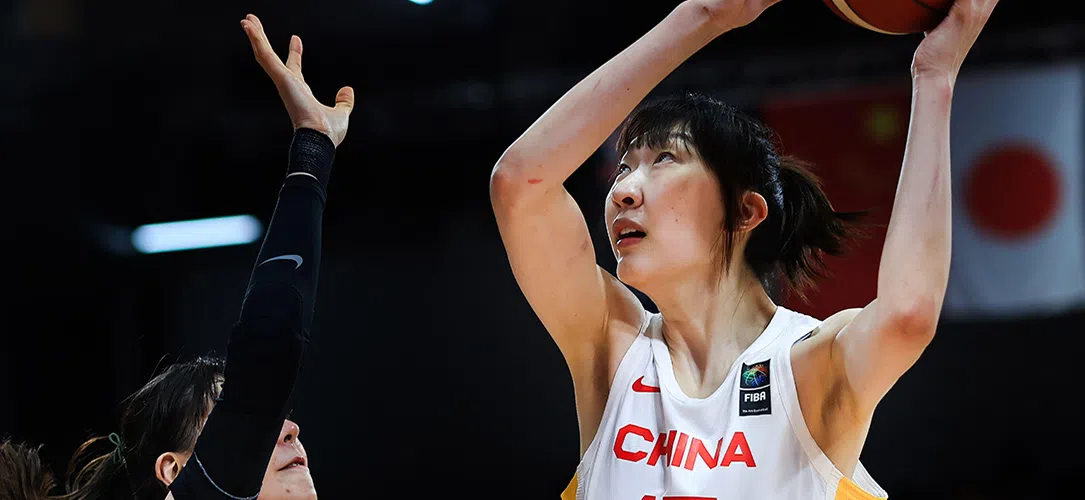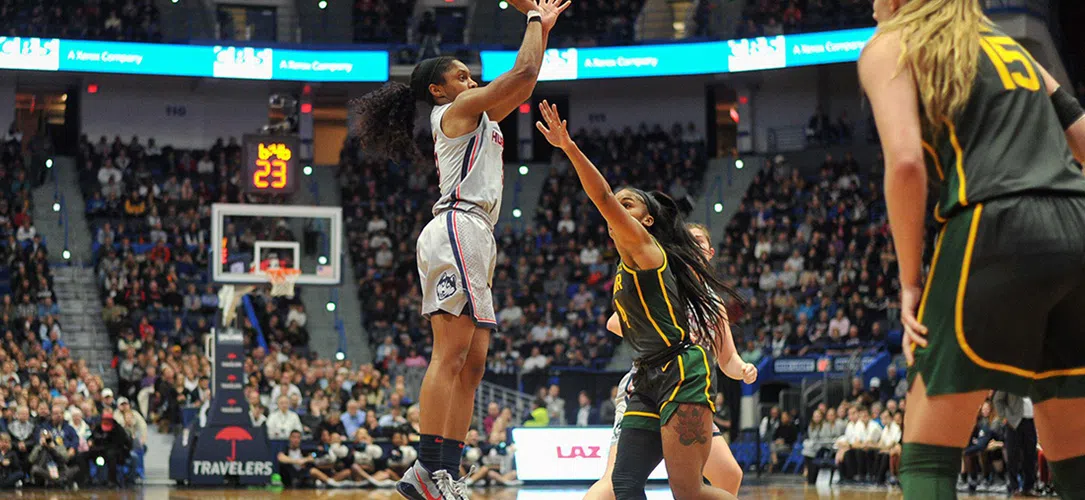Pride and patriotism? Eligibility in international sport is an increasingly discussed topic - we discuss the issues and its impact on rugby union
In an increasingly globalised world, it should perhaps come as no surprise that the issue of eligibility in international sport is becoming an ever hotter topic.
After all, the thrill and appeal of international sporting competition comes in the pride and patriotism that is generated in watching a team with whom you associate yourself prove their superiority on a small patch of grass.
Yet while both football and cricket are just two of world’s major sports to find themselves wrestling with high-profile cases recently, it is rugby union that is invariably pulled up as an example when it comes to the rights and wrongs of being allowed to represent a country where you were not born.
But how prevalent is the problem, and are the commonly-held conceptions about the worst offenders actually correct?
To find out, we looked at how many of the players in each of the 31-man squads for the 20 nations taking part in the 2015 Rugby World Cup were born outside of nation that they have gone on to represent.
Here are the results: Of course, such statistics do not tell the whole story.
Of course, such statistics do not tell the whole story.
Nationality has always been a flexible notion – with an individual’s identity not only being shaped by where they were born, but also where their relatives hail from, where they spent their formative years or where they have gone on to live the majority of their lives.
For example, Wallaby captain Stephen Moore may have been born in Saudi Arabia to Irish parents, but having arrived in Australia at the age of five there can be no questioning where his loyalties lie.
Likewise with Ireland number eight Jamie Heaslip who was born in Israel while his father was serving with the United Nations, or Scotland scrum-half Sam Hidalgo-Clyne who returned to his mother’s native Edinburgh at the age of three after being born in Spain.
There are also, of course, places in the world where the extent of free movement and cultural exchange across certain international borders makes them so blurred as to be virtually invisible.
For example, Samoa are the country with the highest number of foreign-born players in their squad at the World Cup with 13 – all of whom were born in New Zealand yet qualify on the grounds of either one or both of their parents being Samoan.
The same can be said of Wales, who are joint-third in the list with 11 foreign-born players – nine of whom were born in England but either have Welsh lineage or qualified on residency rules more than a decade ago. And this is where the debate intensifies: how long must a person live in a country in order to be considered a bonafide citizen?
And this is where the debate intensifies: how long must a person live in a country in order to be considered a bonafide citizen?
Only three years, according to the sport’s governing body, World Rugby.
That is two fewer than FIFA’s stipulations for footballers and four fewer than the ICC’s requirements for cricketers who move after their 18th birthday.
Such laxities have led to numerous controversial cases in recent years, with many of the most high-profile involving Pacific Islanders switching their allegiance to the Southern Hemisphere superpowers.
Take Henry Speight, for example, who was born in Fiji, played schoolboy rugby in New Zealand and then went on to fulfil the residency requirements that would allow him to represent Australia just last year.
Even so, it is interesting to note that for all the accusations of Southern Hemisphere sides cherry-picking, New Zealand and Australia have actually provided a combined total of 55 players born within their boundaries to other countries playing at this World Cup.
Still, there is a serious concern that the tendency for countries from all around the world to take advantage of such loopholes will soon threaten the integrity of the game.
Just look at Scotland’s earmarking of “project players” from South Africa – with Willem Nel only qualifying for Vern Cotter’s side in June and Josh Strauss having to wait until the day after the World Cup had got under way to be eligible to wear the navy blue.
However, the complaints of foul play that have surrounded their selection were mysteriously quiet when hailing the achievements of Japan in beating South Africa on the opening weekend – with the Cherry Blossoms calling upon seven players who only qualified since the last World Cup four years ago.
The ability to ship in ready-made players from anywhere in the world, then, is likely to seriously hinder the time and effort that countries spend nurturing their own.
It is little surprise, therefore, that World Rugby has already promised to review their residency rules in the near future.





















